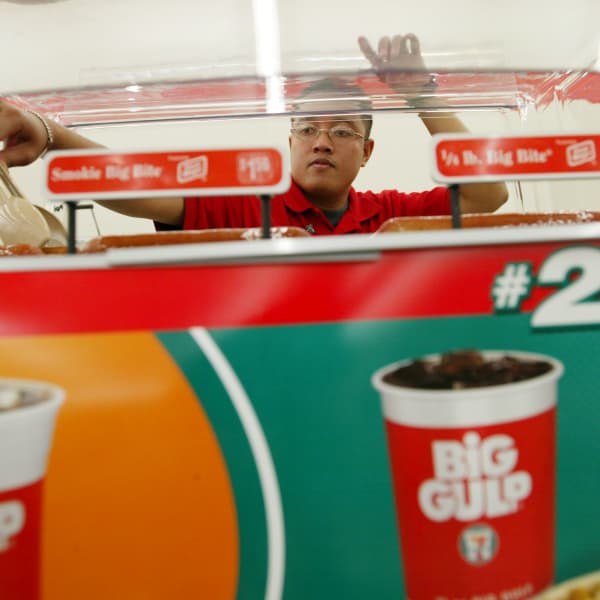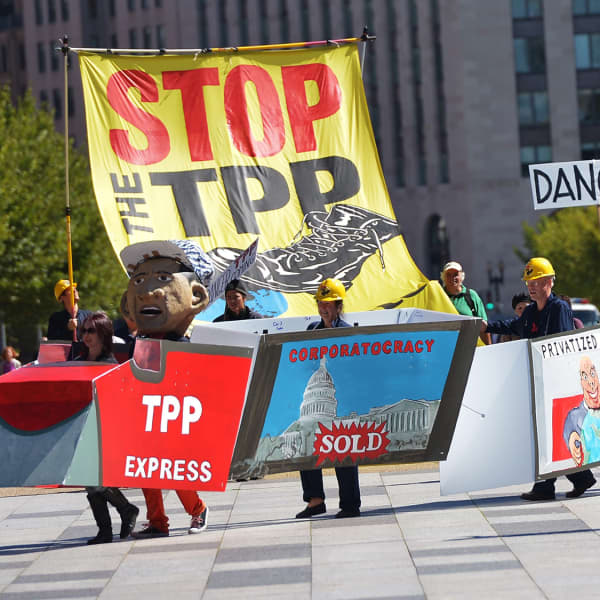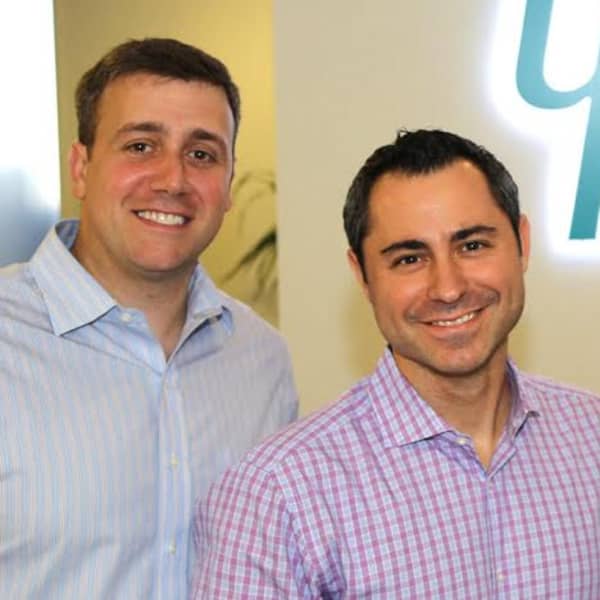As technology and entertainment become more closely aligned, more big names in the film and television industries are launching Silicon Valley-like accelerators—short-term programs that include mentorship and education for start-ups—to get early looks at up-and-coming businesses.
Time Warner's Turner Broadcasting and Warner Bros., along with Disney, have launched accelerators in the past few years, and more are on the way, giving entrepreneurs who focus on the entertainment space a potential head start as their businesses begin to gain traction.
Turner's Media Camp was one of the first big entertainment incubators. Founded by Balaji Gopinath, vice president of emerging technology at Turner Broadcasting, it had its coming-out party at South by Southwest in 2012 and hosted its third demo day—pitch day for start-ups to tell their stories to investors—in July.
Gopinath, a college classmate of well-known investors Brad Feld of the Foundry Group and Dave McClure of 500 Startups, said the idea was born long before he started working at Turner. In fact, he only accepted the job with the guarantee he'd be able to launch it under the company's wings.
"A large company, regardless of the industry, can have a tough time breaking away from the day-to-day to figure out what the future really looks like," Gopinath said. "We often have the blinders on, and we don't know how thing are going to unfold. ... We are so insular, in general."
So far, Turner's Media Camp has yielded three companies that were acquired, and Gopinath said "most" of the rest have picked up angel funds or Series A investments.
Socialize, a "drop-in" social platform for apps, was acquired by ShareThis. Matcha, a video-programming recommendation site, was acquired by Apple.
Another Media Camp start-up, Switchcam, attracted the attention of Facebook, which hired its founders. Switchcam was shut down after the founders joined Facebook.
When you wish upon a start-up
The success prompted corporate cousin Warner Bros. to launch its own incubator program under the Media Camp shingle, and HBO is likely to join the fold soon, Gopinath said.
Disney, in conjunction with start-up accelerator Techstars, announced in July that 11 tech and media firms would participate in its first 15-week course, meeting with top Disney executives, including CEO Robert Iger and executives from Pixar, ESPN, Lucasfilm and Marvel. Disney is also providing up to $120,000 in investment capital to the entrepreneurs.
The first Demo Day for participants will be held in October.
Because the program is new and untested, Disney declined to discuss it at length. In a statement, though, Kevin Mayer, executive vice president for corporate strategy and business development, expressed enthusiasm for Disney Accelerator.
"We are now bringing the creativity and imagination of Disney to early-stage start-ups in a way we have never done before," Mayer said. "We are thrilled by the response we've received and the high caliber of applicants to the program, and we look forward to sharing our knowledge with this excellent group of creative entrepreneurs and really making a difference with these start-up companies."
Our goal is not to work with these companies and keep them for ourselves. Our goal is to raise the tide.Debra Bakersenior vice president, Warner Bros. Home Entertainment
In what are often the rocky early days of a company's launch, accelerators act as launching pads for start-ups and promising entrepreneurs, providing mentoring, support and office space. They're difficult to get into, and they push the startups hard during a process that can last anywhere from five to 15 weeks.
There are more than 2,500 accelerators and related programs around the world, according to f6s, which tracks these sorts of programs for entrepreneurs, and there has been an increase of over 700 in the past nine months alone. However, success rates vary widely. Aziz Gilani, director at DFJ Mercury, a Houston-based venture capital firm, sounded a warning bell about them in 2011, noting that of the 29 top North American accelerators, 45 percent of them failed to produce a graduate that raised any venture funding. (The study has been updated every year, including the latest data on the topic here.)
Typically, the end goal of accelerators is to help founders polish their business plans and build sustainable companies that might attract the interest of financial backers.
Entertainment-focused accelerators have a slightly different agenda. They're often looking for companies they, and others in the industry, can do business with down the road.
Read More Hackers: A fast-growing, costly threat to business owners
"The goal of our Demo Days is not to set them up to do a funding pitch," Gopinath said. "The goal is to introduce them in the media space and give them strong legs on which they can grow and help move the industry."
Turner and other Time Warner companies do make a $20,000 equity investment in each participating company.
Debra Baker, senior vice president of global business development for Warner Bros. Home Entertainment (who oversees Warner's Media Camp program), said the focus is similar for the studio.
"The process is almost identical to what we go through in business development," Baker said. "We're looking for areas that really move the needle on our goals or solving business challenges. ... Our goal is not to work with these companies and keep them for ourselves. Our goal is to raise the tide."
Read More 10 success lessons learned from the Kickstarter Hall of Fame
Screen test
So what sort of companies are best suited for these entertainment-focused accelerators? It's not just content creators. Content marketing programs, video editing services, toy companies and even packaging companies can be good fits.
Media Camp graduate Matcha was acquired by Apple in 2013 and is reportedly helping drive the Apple TV strategy. That's not just a validation of the program, it's a strategic win for Turner, since it knows more about Matcha's business and can infer where Apple might be going.
That sort of gained insight is perking up ears. While Disney and Turner's programs are the biggest entertainment-focused accelerators right now, should the companies post a few more notable successes, they're likely to get plenty of competition.
"I hear from my colleagues around the studio world that they're very curious about Media Camp and how we're doing it," Baker said.
—By Chris Morris, special to CNBC.com




